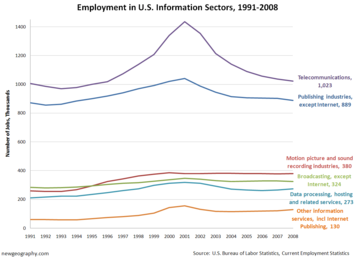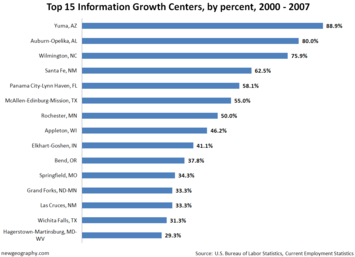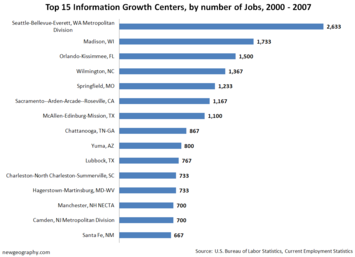The American Wind Energy Association just announced that the US has overtaken Germany as the worlds top wind power generator, you're certainly familiar with T. Boone Pickens's wind obsession, and DOE is claiming we could be generating 20% of our power with wind by 2030.
Check out DOE's wind energy potential maps and AWEA's run down of installed and pending wind power projects in the U.S.
The question is can the country's transmission infrastructure withstand a redistribution of power generation? Who will build the needed infrastructure? In my home state of North Dakota, often called the "Saudi Arabia of Wind," the transmission capacity problem was cited so frequently for slow wind build out that the state government has gotten involved.















